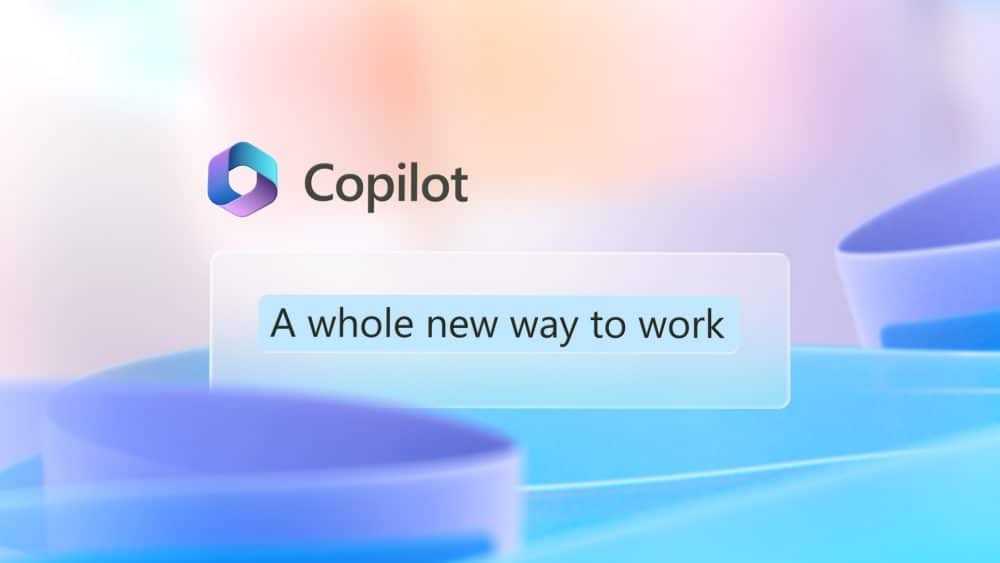Artificial intelligence has been on a rollercoaster lately, and it’s replacing traditional web search engines. You’ve most probably interacted with it on Google Search, or other platforms such as OpenAI in the way of SearchGPT. Even alternative search engines like DuckDuckGo are now adding AI to their platforms, and things are just warming up.
Well, now there’s another big-hitter in the block: Microsoft just released Copilot Search, which is some way, an AI-infused Bing Search. It collects data from sources all over the web and then uses Copilot’s AI powers to render a summary for you. You might have come across something similar before on Bing with AI-powered “Copilot Answers.”
What Copilot does is that it supports natural language queries, meaning you no longer have to worry about how to properly phrase your questions or search inputs to get the correct answers. For instance, if you ask the question, “In which country is Norfolk City?”, Copilot Search can figure out you’re talking about Norfolk as a country and not a city that doesn’t exist.
However, unlike Copilot Answers in Bing, Copilot Search gets an interface that’s unique to Copilot itself (and ChatGPT, among other AI chatbots). You can even make follow-up questions and keep the conversation going, building on past queries to get more specific answers based on the lead questions.
Right now, the easiest way to try Copilot Search is to visit bing.com/copilotsearch; soon, the AI=powered search engine will also be available via menus in the Bing Search engine itself.

Copilot Search can now use the web on your behalf
Since launch, Microsoft has made changes to Copilot that will allow the AI=Assistant to complete online tasks for you. With “simple chat prompts,” these “Actions” can be performed in the background while you work on other tasks, and can complete tasks like booking restaurant reservations, and event tickets and purchasing gifts to send to friends and family.
Launch partners include Booking.com, Expedia, Kayak, Tripadvisor, Skyscanner, Viater, Vrbo, and Priceline — a host of travel and vacation-focused services that will allow Copilot to help users plan any upcoming trips — alongside Open Table for meals, and 1-800-Flowers.com for buying floral arrangements. Microsoft says that Copilot’s Actions feature will “work with most websites across the web,” and can sort out “the ride home” for you after events, suggesting it will also support taxi or ride-sharing services.
Actions are being rolled out alongside other personalization features including a tool that turns online content into AI-generated podcasts, another for buying and finding deals on products, and the ability for Copilot to see and react to things on your camera.
While Microsoft hasn’t provided a detailed overview of how Actions will work, it’s a similar concept to what has been announced by other AI providers.
In March, Amazon launched its Nova Act AI agent that’s capable of running tasks in a user’s browser such as searching the web, purchasing products online, and answering questions about what’s on screen. OpenAI has its spin on the model of this called Operator, Google has Project Mariner, and Anthropic has its Claude 3.5 Sonnet AI model that can autonomously click around and perform online tasks.
Most of these related solutions are largely still in development or early access, however. By contrast, Microsoft affirms that it’s rolling out the initial version of Copilot’s Actions feature starting today, with availability expanding in the coming weeks and months, subject to platform, market, and language. That makes it among the very first automatic task-performing AI to be available to the general public and could give us a glimpse into how practical or reliable these types of AI partner tools are to use.
